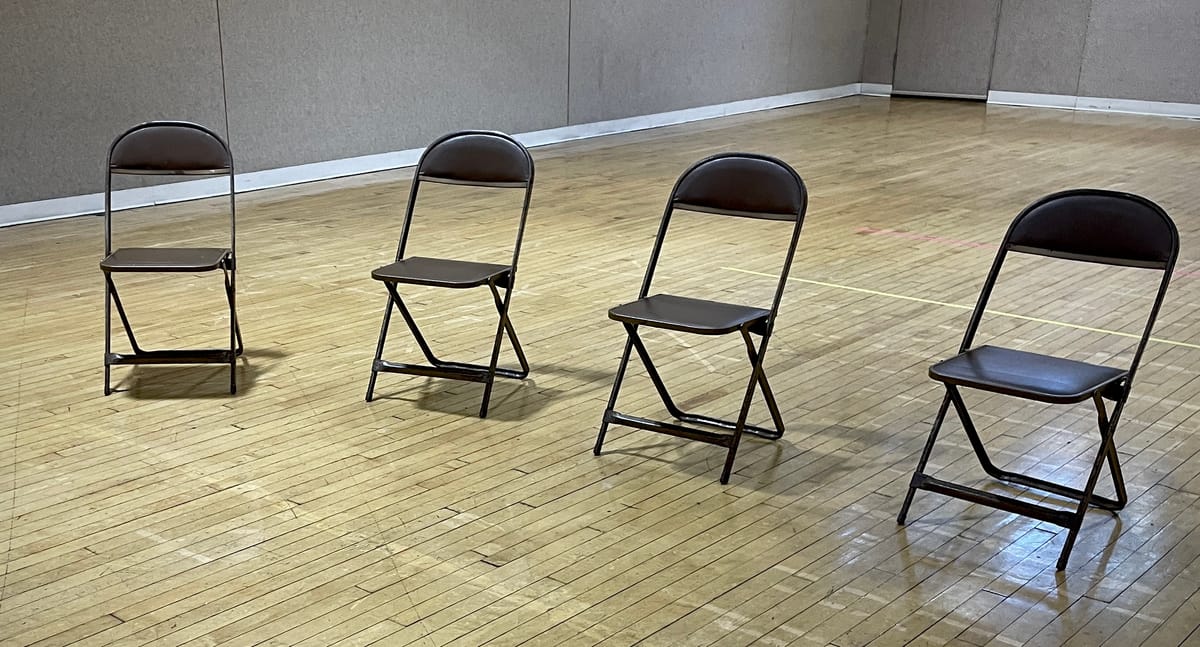The Other AA

What’s the hardest thing about being raised by an alcoholic? Arranging square folding chairs in the shape of a circle.
My friends don’t like when I tell that joke, but I do. It really is difficult to get the geometry right. Usually though, it doesn’t matter how the chairs are set up when they’re empty; the ring requires individual people to reorient themselves until we’ve got our circle.
This is all a hacky way to introduce Al-Anon — a program that has helped to improve my life and the lives of many others. Al-Anon is not the same program as AA, and it’s not just a shortened way to say “Alcoholics Anonymous.” It’s a support group for people who have been affected by people who suffer from alcoholism, but may not necessarily be alcoholics themselves.
Why the hell the founders of Alcoholics Anonymous decided to give their 12-step program for people who have been emotionally injured by alcoholism a name that seems like another nickname for AA is beyond my realm of comprehension. I have to explain the difference to every single person in my life. A lot of the time people still don’t understand the difference.
(A separate 12-step program, Adult Children of Alcoholics, offers a much more illustrative idea of the program. It’s largely the same as Al-Anon, but I haven’t found ACA to be as useful to me as Al-Anon has been.)
Describing the experience of any 12-step program tends to sound the same. Communal experiences are awkward and weird. But after a couple of years of Al-Anon meetings, I’ve learned that the concept of an inverse-AA is novel to a lot of people in my life.
It was novel to me, too, and I was scared out of my mind the first time I attended my first Al-Anon meeting. I entered with a pretty well-worn story about my life experiences and I had no idea just how drastically my participation in this program would change my understanding of myself and what we call “the family disease” of alcoholism.





